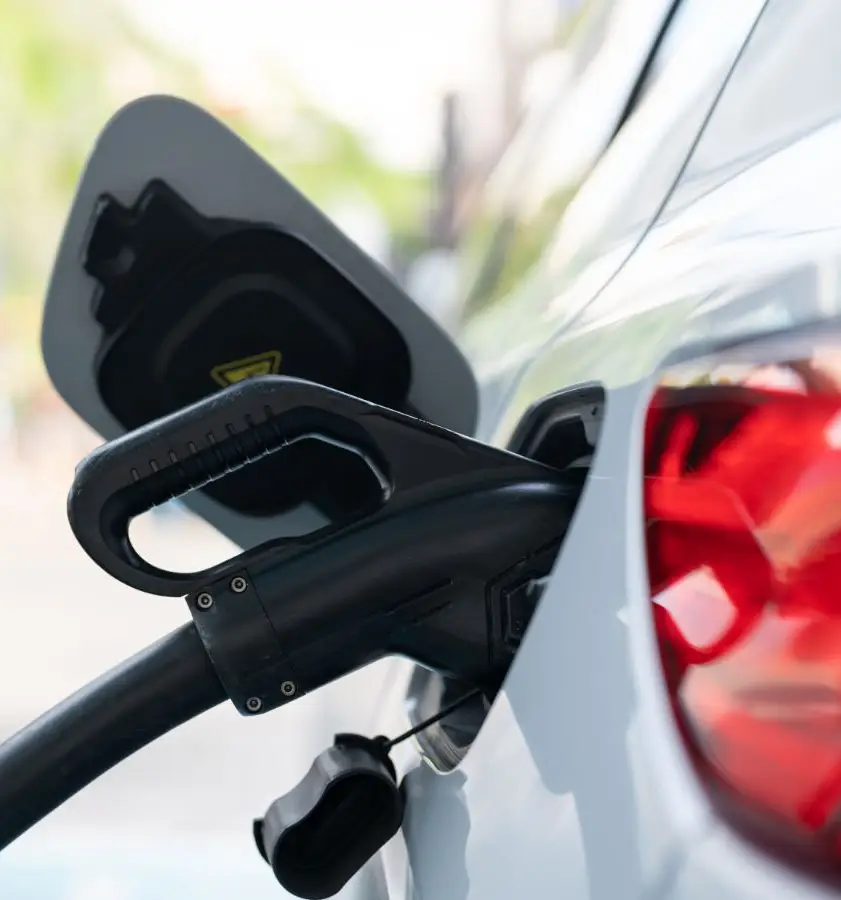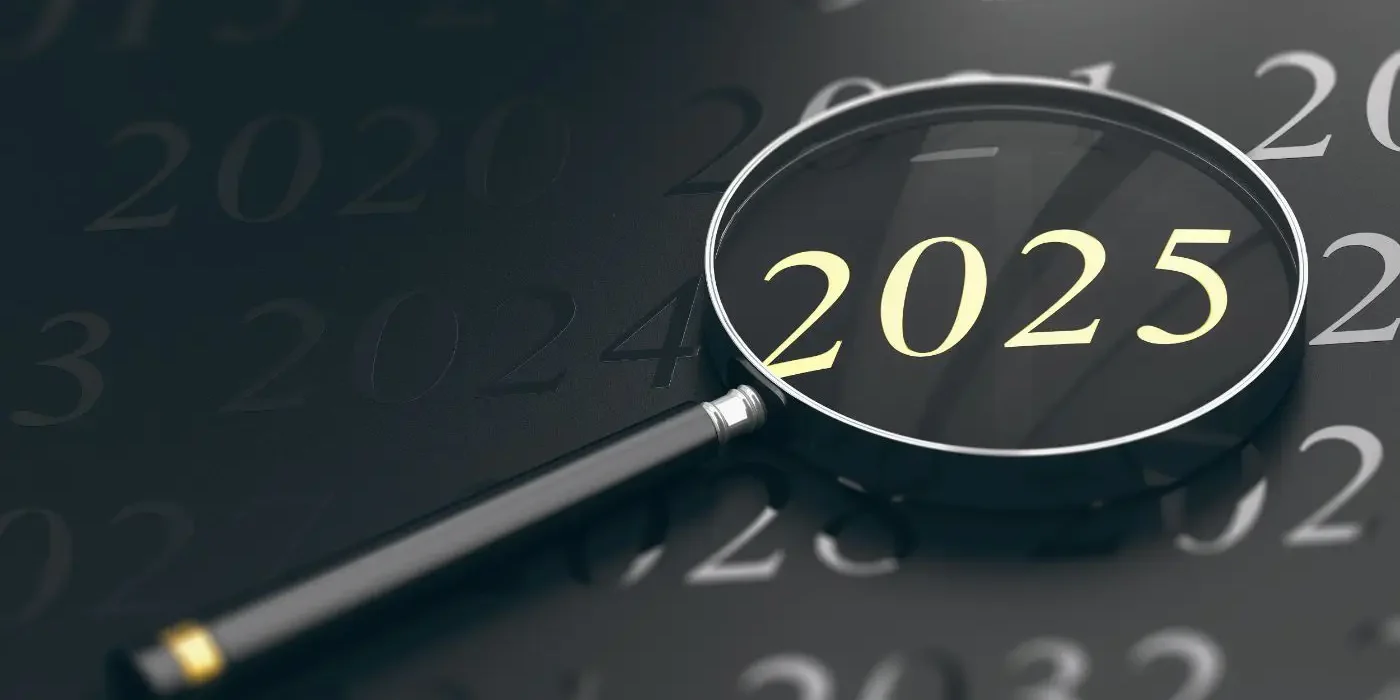Changes, of course ….
I’m not going to go into detail here about all the changes coming in 2025, as there are many.
But three of them will be mentioned here.
Here’s what’s in store for us in 2025.
1. TVA to Chaîne TVA

A number of changes will be introduced in 2025:
- change of VAT bank account number,
- the VAT current account will be replaced by a provision account, which will operate in a similar way to a bank account
- changes to the deadline for quarterly filers,
- VAT fines: for late filing (€100/month), for failure to file (from €500), etc. with increased (upwards) fine amounts, etc.
The VAT current account, in its current form, will remain operational until May 1st 2025.
From that date, VAT taxpayers will have to use a provision account and the current account will no longer be accessible. The difference with the current account? Amounts due and credits requested for repayment will not be recorded.
The second half of 2025 will see the practical implementation of the changes announced; the VAT procedure will be considerably different from what we know today.
We are monitoring this news for you, in your capacity as a VAT taxpayer, and will keep you informed over the coming months of the changes that will take place, to ensure that this update goes smoothly.
Nb: a short, very general information message will already be included in the e-mail for payment of the VAT balance for the4th quarter of 2024.
2. Reimbursement of electricity costs to the company for hybrid or fully electric company cars
From 2025, the reimbursement of home recharging costs will be determined on the basis of the CREG’s quarterly tariffs and according to the region of residence of the person using the company car (Flemish Region, Walloon Region, Brussels Capital Region).
If you have a hybrid or full electric car and you pay for the electricity privately, or if you have enough panels for all the electricity produced by both the household and the company car, it would be interesting to know the monthly consumption in kWh.

Otherwise, you need to be able to define – on a concrete basis – the annual consumption of the hybrid or full electric car that is recharged at home.
For more details on this point, or to calculate the amount you can claim back from your company, please contact us. Before doing so, set the consumption of your full electric or hybrid car in kWH for the year 2024 as your starting point.
- For information – for the first quarter of 2025 – the following rates apply:
- Flemish Region : 28.22 € cents/kWh
- Brussels-Capital Region : 32.94 cents €/kWh
- Walloon Region : 32.56 cents €/kWh
Nb: this method is an administrative tolerance valid for 2025.
For 2024, you can still use the actual cost (your bills, type of contract, with solar panels, etc.) or take the average value for 2024 from the CREG or per month if you are able to provide the kWh consumed per month for the car.
3. 12 months goes by quickly: so part of 2025 will be spent preparing for 2026 and electronic invoicing.

Why are we already talking about 2026 when we’re only in the first few days of January 2025?
Because we need to get ready!
For what?
From January 1st 2026, invoices will be electronic.
That’s a big change!
It will become electronic for all business-to-business (B2B) invoicing.
An electronic invoice is ‘an invoice issued, transmitted and received in a structured electronic form that can be processed automatically and electronically’.
- No PDF invoices! They do not meet this definition;
- The invoice may be issued by the supplier, by a third party or by the customer (in certain cases: self-billing).
- The invoice must be issued in PEPPOL bis format and sent via the PEPPOL network.
Please note that if your customers are only private individuals (BTC) and you do not issue invoices: you are still concerned as a RECEIVER of electronic invoices.
You will therefore need to be able to receive structured electronic invoices from your suppliers.
How do I know if my customer is liable for VAT? See the BCE (“Banque Carrefour des Entreprises”) : ‘Qualities: liable for VAT since …’ section.
Over the coming months, we will be working with you on practical solutions that will enable you either to receive electronic invoices, or to issue and receive electronic invoices.
If you would like us to examine this transition together, based on your invoicing software, please consult us so that electronic invoicing can be implemented before 1 January 2026.
We wish you all the best for 2025!
Thank you for your confidence
The entire Fiduciaire Bufiscom srl team
Nadine Aude Virgine Javiez Pierre

